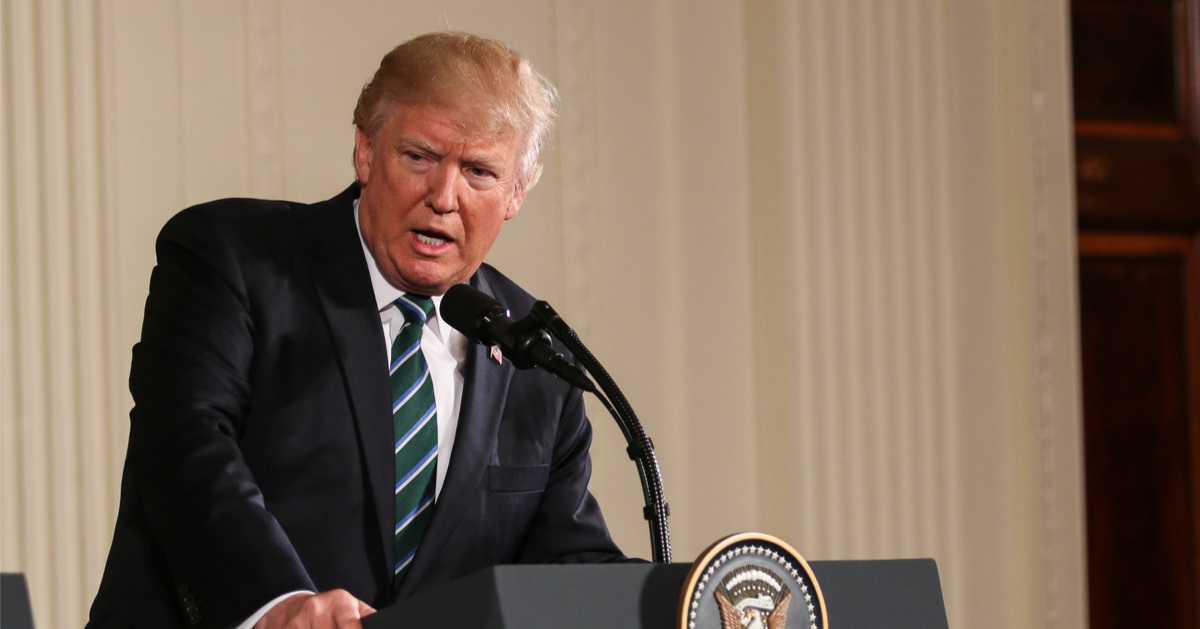Supreme Court rules in Trump's favor on cutting funding for DEI research
The Trump administration has taken a harsh stance on the issue of Diversity, Equity, and Inclusion (DEI), and that opinion saw big wins this week.
The Supreme Court of the United States ruled in favor of the Trump administration and its attempt to cancel hundreds of millions of dollars pointed toward DEI research, as SCOTUS Blog reported.
The ruling stated that President Donald Trump will be allowed to cancel $783 million in health research funding that promotes DEI, thanks to an Aug. 21 ruling.
The court saw the case because the president’s policy was being challenged by those who wanted the funding to stay in place.
The court’s decision
Chief Justice John Roberts sided with the court’s three most liberal justices and said he would have held back on axing the cuts.
The four didn’t make a majority, however, and the court eventually held that the funding wouldn’t be approved for projects related to DEI objectives, gender identity or COVID-19.
This decision came after a federal judge in Massachusetts ruled that the Trump administration’s decision to terminate the National Institutes of Health grants was illegal.
According to the lower court, the decision was "breathtakingly arbitrary and capricious,” which was supported with “sparse pseudo-reasoning.”
Another day, another budget greenlit for slashing by @doge!
Yesterday, the U.S. Supreme Court ruled to allow $783 million in NIH research grants tied to diversity, equity, and inclusion to be cut.
The war on DEI continues! pic.twitter.com/IdYDJJX1Q2
— Robert Johnson (@realrobbymcj) August 22, 2025
Implications
Despite disagreeing in part, Roberts also agreed in part and argued that the case could not be correlated with the Department of Education case, which was cited in the arguments:
According to Roberts, this case has implications beyond the reinstatement of specific grants, and “falls well within the scope of the District Court’s jurisdiction.”
The chief justice went on to say that “if the District Court had jurisdiction to vacate the directives,” then “it also had jurisdiction to vacate the ‘Resulting Grant Terminations.’”
Justice Jackson, in her own opinion, asserted that the court’s decision was “an even bigger mistake” than when they ruled on education, saying that it challenges the law governing grant funding and that the bench rules with “potentially life-saving scientific advancements on the line.”
Another take
On the majority side, Justices Gorsuch and Kavanaugh agreed on the latter’s opinion, dissenting from what Roberts asserted in his writings.
Kavanaugh said that “[l]ower court judges may sometimes disagree with this Court’s decisions, but they are never free to defy them.”
He did, however, concede that “decisions regarding interim relief are not necessarily ‘conclusive as to the merits,’” but was clear that any decision reasoning carries weight and that the high court should consider how those decisions will impact the lower courts.




